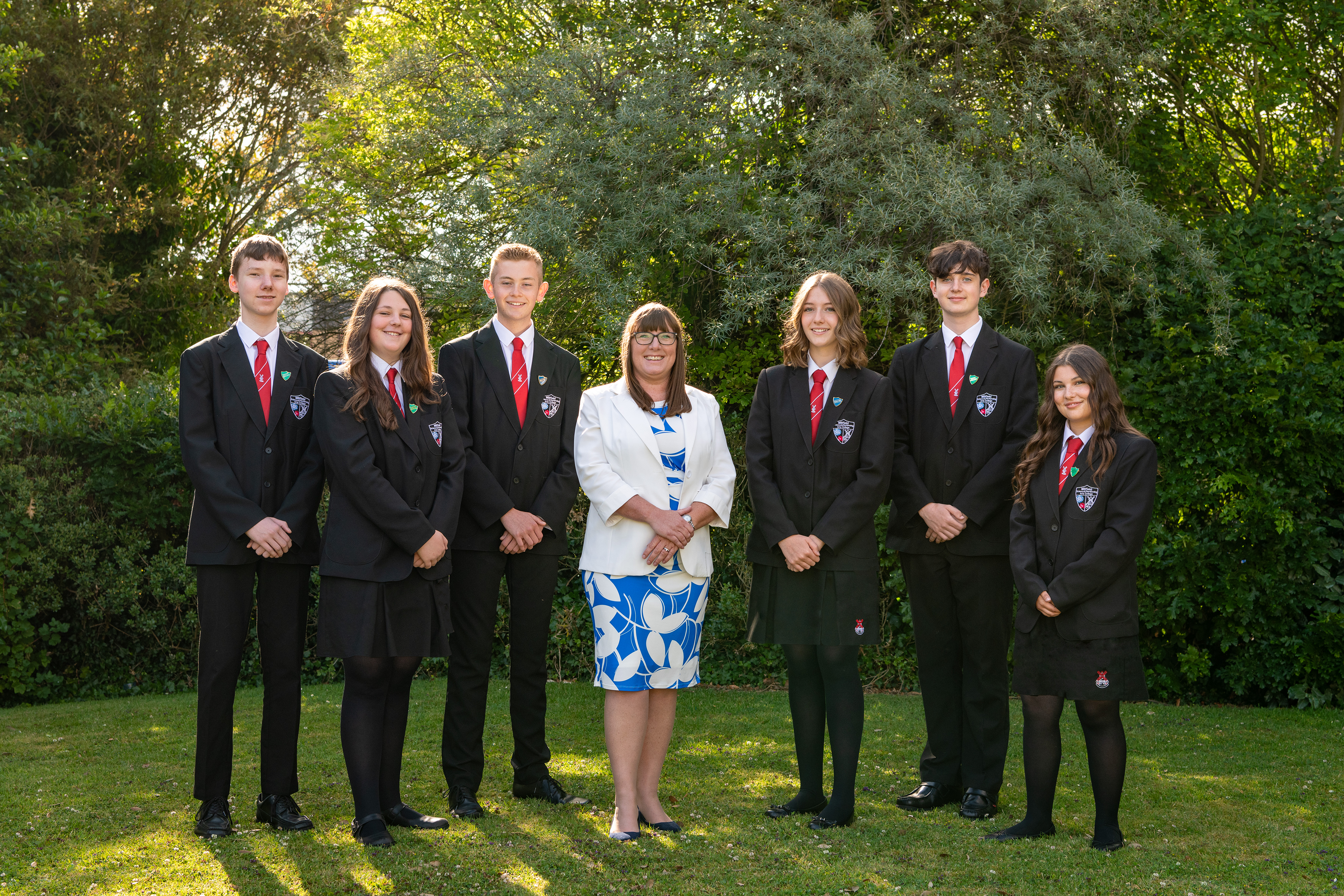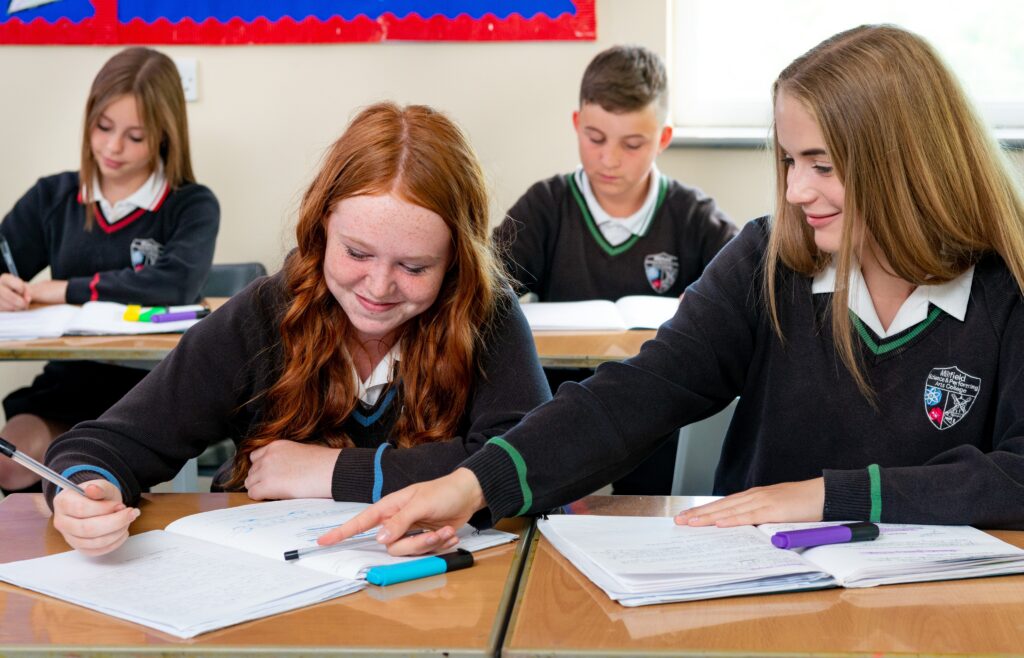



History


In History, our intention is to deliver a curriculum that is relevant to the students of Thornton Cleveleys, so they become informed global citizens. History lessons include the latest scholarship and interpretations to shape the enquiry questions. The department encourage students to challenge misconceptions, pre-conceived ideas and ask difficult questions about the past. The topics taught develop annually, as the department reflects on the relevance and importance of the curriculum. We focus on teaching a range of diverse voices from the past: different cultures, genders, and the LGBTQ community, ensuring there is something of historical relevance for everyone. We want all students to enjoy history and use a range of learning strategies to ensure all succeed and reach their full potential in their lessons.
We build on the skills taught in KS2 of chronology, change and continuity, cause and consequence, difference, and significance. We develop students’ knowledge from the Anglo Saxon and Norman periods in the first few months of year 7 and progress on to various themes in British history that extend pupils’ chronological knowledge beyond 1066.
“One glance at a book and you hear the voice of another person, perhaps someone dead for 1,000 years. To read is to voyage through time.” - Carl Sagan
Students in Key Stage 3 study a chronological learning journey. We start year 7 with a global depth study: the significance of the Silk Road covering the key historical skills students will visit throughout the year. Other enquiries include change in the Anglo Saxon and Norman periods, different interpretations of the Crusades and the Black Death, and how the power of Medieval kings changed throughout the period. Students revisit the same skills in Year 8, focusing on enquires of change during the War of Roses, the significance of the Tudors, change in the 17th century and significance of four key protests throughout time. In addition, they enjoy their summer term local history study on the development of Blackpool in the 19th century. Year 9 continue to build on disciplinary knowledge covering the significance of the pre-colonial African Kingdoms of Benn and Mali; change in the British Empire focusing on India and the development of the British Raj; a local and global approach to WW1 focusing on soldiers from the King’s Own Regiment and the contributions of the British Empire; different interpretations of the causes of WW2; and how Jewish persecution changed throughout the 1930s and 1940s.
At GCSE, students follow the Eduqas syllabus. Students start with the in-depth study of Germany in Transition (1919-1939) building on prior knowledge from year 9. This is followed by the British depth study of Elizabethan England 1558-1603 focusing on key events of Elizabeth’s reign including the Catholic Plots and the Spanish Armada. Students also study Crime and Punishment, focusing on change in crime, policing, and punishment from C.500 to the present day. They also study America 1929-2000 including the impact of the Great Depression, the Civil Rights movement, the Cold War, political and social changes, and the search for world peace. Our GCSE curriculum has lots of themes to ensure there is something that everyone will enjoy.
The department are proud of all the extracurricular activities on offer which include a KS3 Latin club (using the Minimus resources based on the Roman Settlement at Vindolanda on Hadrian’s Wall), and a History Film club afterschool for students who want to learn about different historic periods. The department have links with the History faculty at Lancaster University and run annual trips to learn about history at degree level. There is an annual residential London trip to learn more about Elizabethan England and the history of punishment plus a biannual tris to the French battlefields for KS3 students.

